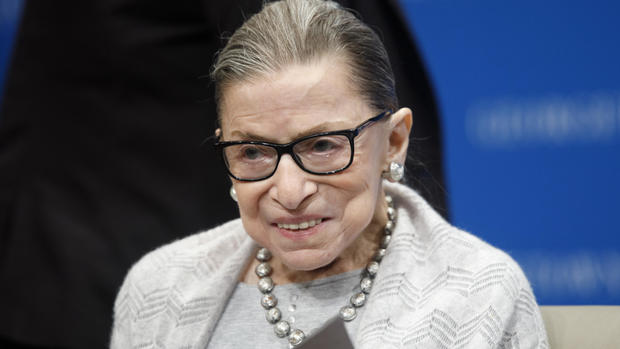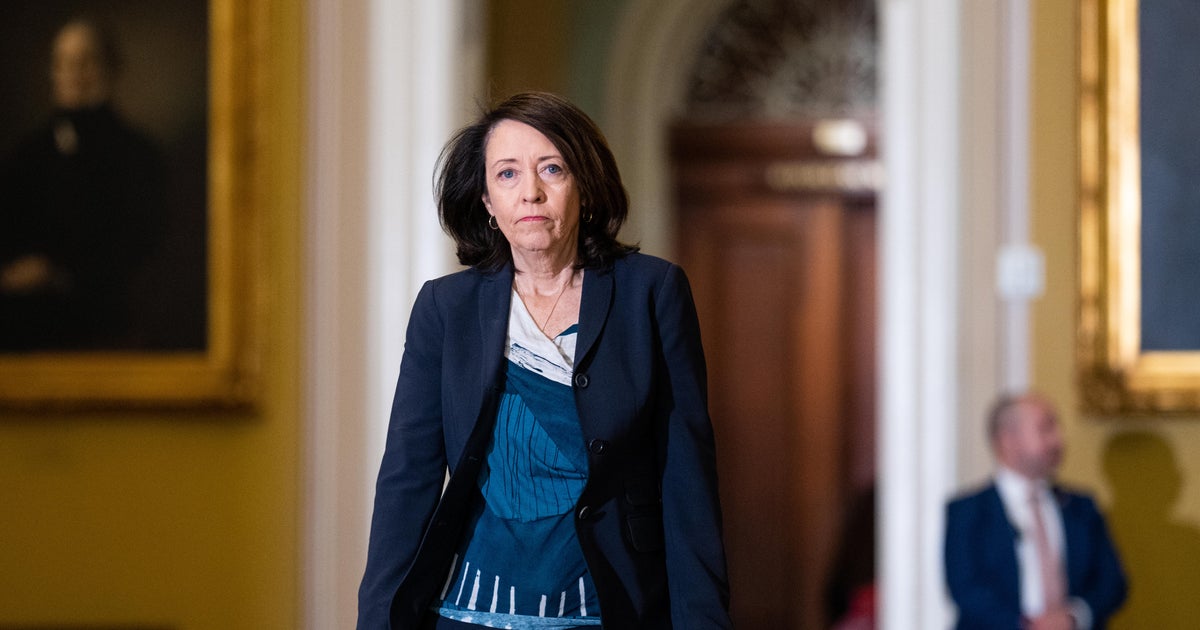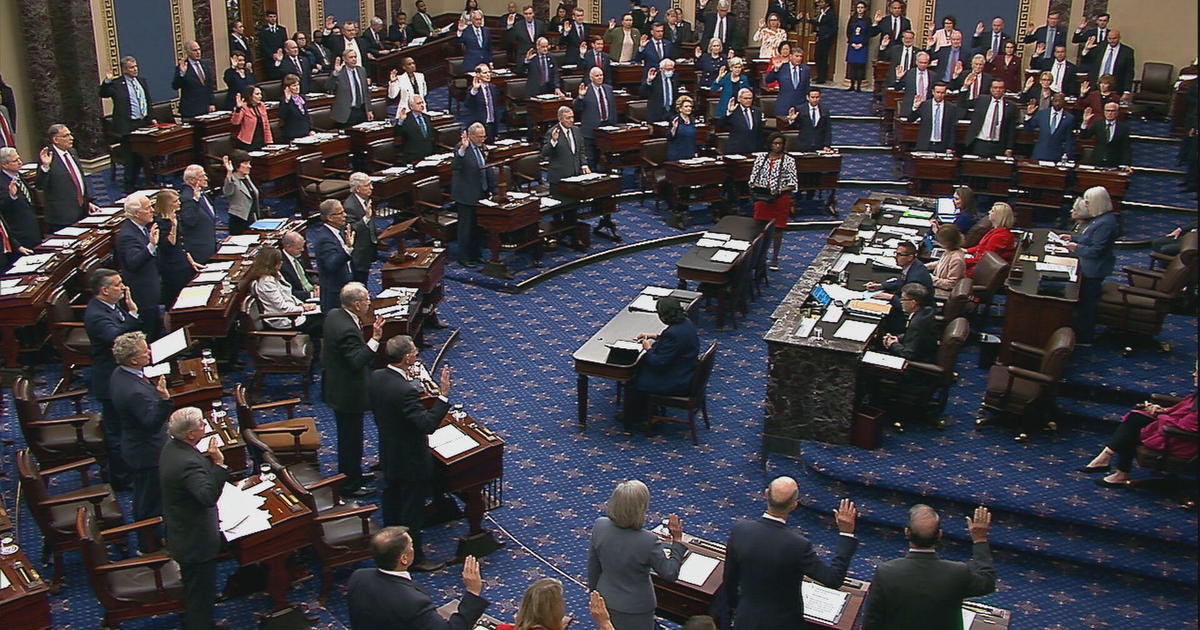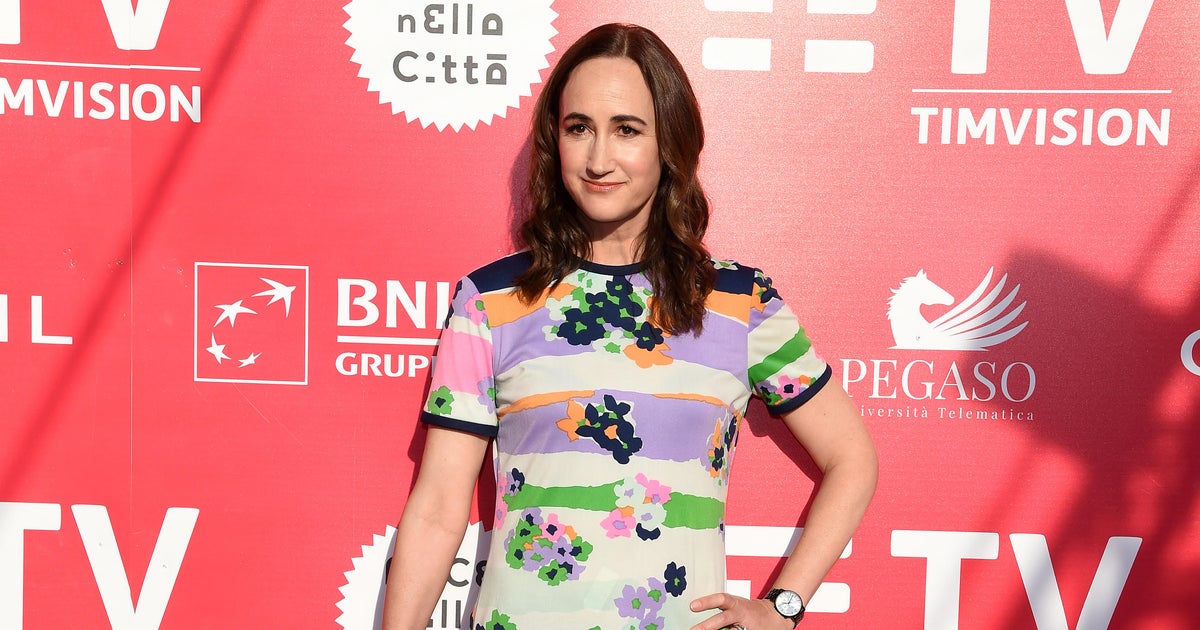Remembering RBG, a woman who lived a life defying expectations
Ruth Bader Ginsberg lived a life defying expectations. In an interview last year for NPR, the Supreme Court Justice dryly noted, "There was a senator who announced, with great glee, that I was going to be dead within six months. That senator, whose name I've forgotten, is now himself dead."
She was nominated in 1993 to the highest court by President Bill Clinton, a Democrat, and approved by a bipartisan Senate.
"When I was appointed, the vote was 96-3 – and I was known as a 'flaming feminist,'" she said.
During her tenure, she led the Court in landmark decisions that expanded the rights of women. And even as the court grew more conservative, and she herself battled cancer (four times), she continued to make her point in often-cutting dissents.
In her minority opinion for Ledbetter v. Goodyear in 2009, she wrote, "The Court does not comprehend, or is indifferent to, the insidious way in which women can be victims of pay discrimination."
"People really responded to the idea of this tiny, determined jurist who was standing up for the principles of equal rights, voting rights, reproductive rights," said filmmaker Betsy West. "And that just exploded on the internet."
West and Julie Cohen co-directed the 2018 documentary, "RBG." "I think there's a certain authenticity to her," said West. "She's an unlikely rock star, let's face it."
At just 5'1" tall, it was her seemingly superhuman ability to survive that made her a cultural icon, and perhaps the most recognized justice in the Court's history. "I'm 84 years old, and everyone wants to take a picture with me!" Ginsburg said in the film.
The moniker "The Notorious RBG," a nod to the late rapper Notorious BIG, took off on social media, and indeed, notoriety followed. Julie Cohen said, "People say, 'Isn't this a weird connection between you and the rapper, the Notorious BIG?' And she's, like, 'Why would that be surprising? We have a lot in common! We were both born and bred in Brooklyn, New York.' Which always gets cheers when she says it."
Born Joan Ruth Bader in Flatbush, Brooklyn, her father, Nathan, had emigrated from Odessa. Her mom, Celia, died of cancer the day before Ruth's high school graduation.
As Ginsburg told Jane Pauley on "Sunday Morning" in 2016, "She said two things: Be a lady and be independent. 'Be a lady' meant don't give way to emotions that sap your energy, like anger. Take a deep breath and speak calmly."
Ruth was inspired both by her mother's words and her life story. Ruth's daughter, Jane Ginsburg, said, "Her mother was the brains in the family. But her parents wanted her to go out and work, even before finishing high school, because there was a boy in the family, and money had to be made so that he could go to college."
Correspondent Erin Moriarty asked, "How do you think that affected your mom?"
"Seeing a less-qualified male preferred to a deserving woman was something that marked her from a very early age," Jane replied.
Ruth Bader excelled as an undergrad at Cornell University, but in an era when even the brightest women were encouraged to pursue an "MRS degree," Ginsburg wanted more, and that drive was what attracted a fellow student and future husband, Marty Ginsburg. He died of cancer in 2010. Their early relationship is featured in the movie "On the Basis of Sex."
Jane recalled, "He was the biggest supporter. My mother always said at Cornell, he was the only boy who cared that she had a brain."
She married Marty in 1954, had Jane in 1955, and enrolled at Harvard Law School the following year. When her husband graduated Harvard Law in 1958 and took a job with a firm in New York, Ruth transferred to Columbia Law School, where she graduated first in her class – and still found herself unable to get a job.
Ginsburg said, "I had three strikes against me: one, I was Jewish; two, I was a woman; but the killer was, I was a mother of a four-year-old child."
"She simply was virtually unemployable," said Stacy Hawkins, who teaches constitutional law at Rutgers Law School. "Law firms were barely willing to give any woman an opportunity, and they simply were unwilling to give one to a working woman with a child."
Moriarty said, "A lot of people would be discouraged by that and would just not push ahead."
Hawkins said, "I think that that's what has propelled her. She has this quiet, steady, yet deeply deliberate way about her, that she pursues everything, and that she knows exactly how she's going to achieve her goals."
Ginsburg became a law professor at Rutgers, paving the way for women like Hawkins, and it was there that Ginsburg found her lifelong passion: working towards women's rights.
It began after a few students asked for a class on women and the law. "She realized that there wasn't much in the way of women in the law," Hawkins said. "In fact, that the law was very unfriendly to women. And it really did inspire her own interest advocating for women's rights."
In the 1970s she founded the ACLU's Women's Rights Project, and went before the Supreme Court to argue six gender discrimination cases. She won five of them.
Ginsburg recalled to "Sunday Morning," "It was difficult, into the middle '70s, to persuade judges who at that time were overwhelmingly male and white, to persuade them that there was such a thing as discrimination against women. Because their idea was, women are on a pedestal, women are protected by the law. And many women were finding out that these so-called protections were protecting men's jobs from women's competition."
And later, on the Supreme Court herself (where she stood out with her distinctive feminine collars), Justice Ginsburg was a liberal voice for constitutional protections.
In 2013's Shelby County v. Holder, which watered down voters' rights, she wrote the dissent. Hawkins said, "She thought that this case was extraordinarily wrongly decided. And she said that the reason why Alabama and other Southern states had not been able to engage in the kind of voter tactics that would intimidate and disenfranchise Black voters is precisely because they were prevented from doing so."
"Race-based voting discrimination still exists," Ginsburg wrote. "This Court's decision is like throwing away your umbrella in a rainstorm because you are not getting wet."
"People understood that analogy, because it was just something that everyone could relate to," Hawkins said. "It was like a rap lyric!"
Music was a constant in the justice's life, beginning early on in Brooklyn when her aunt took her to the opera. "I was blown away by it, by the glorious music and the drama," Ginsburg said.
Opera became a passion that she famously enjoyed with a fellow enthusiast, the late conservative Justice Antonin Scalia. In 2015, the duo inspired a comic opera based on their unlikely friendship.
In 2017 she talked to "Sunday Morning" correspondent Mo Rocca about the opera "Scalia/Ginsburg," and its closing number: "It's a duet. The title is 'We Are Different, We Are One.' Different in the way we approach legal text, but one in our reverence for the Constitution and for this court as an institution."
In life, Ruth Bader Ginsburg worked to expand the rights of the Constitution to everyone, says her granddaughter, lawyer Clara Spera – and she says her grandmother may not be done yet.
"I think that after Hollywood movies are done, after the Twitter memes are done, that people will still remember her," Spera said. "We will still be reading her opinions in law school. And I do wonder if 10, 20 years from now, we will look to her dissents in cases like Shelby County, and see that the things that she predicted that would happen to our democracy did, in fact, happen, that her dissents, while they are dissents now, may ultimately become majority popular and political opinion."
For more info:
- "RGB" (documentary)
Story produced by Mary Raffalli and Charis Satchell. Editor: George Pozderec.




